Here is the requested video link:

Vaclav Havel

As a Czech playwright, essayist, poet, dissident and politician, Vaclav Havel was the last president of Czechoslovakia and the first president of the Czech Republic. During his time, he was widely acclaimed for his human rights work across Eastern Europe and has been named one of the most influential figures of the 20th century.
Sari Nusseibeh
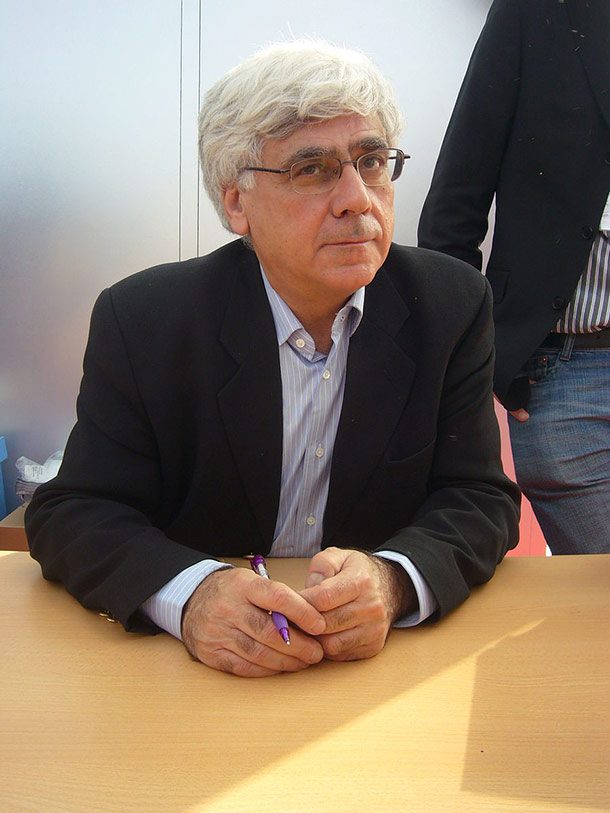
Rather than support attacks on Israel, the way some of his fellow countrymen did, this Palestinian philosophy professor decided to focus on proactively helping his people in the midst of the bloodshed. His supporters believed that his passive “Ghandi-like” struggle was what warranted him the Noble Peace Prize.
Eleanor Roosevelt
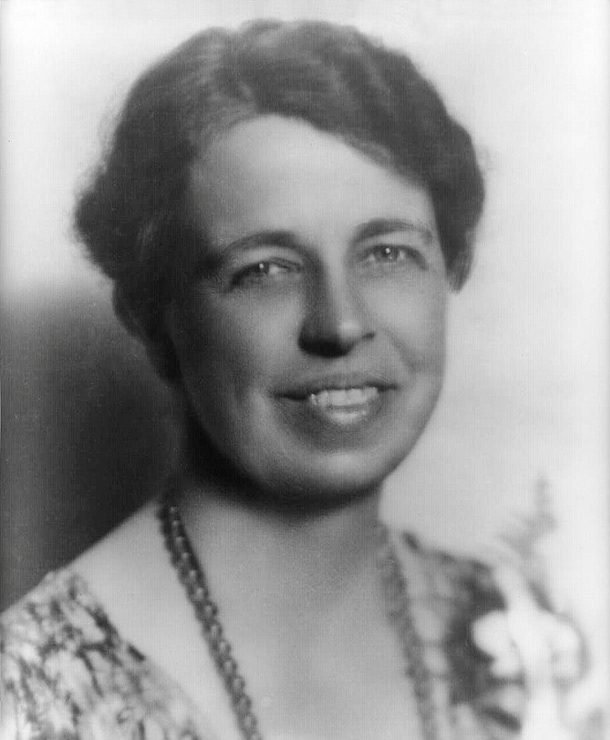
More than just the first lady of a former U.S. president, Eleanor Roosevelt was as politically active as her husband. In fact, she was the one who led the first mission of the United States to the United Nations, allowing the U.S. to recognize how significant the UN was. As the woman behind the UN Commission on Human Rights as well as the Universal Declaration of Human Rights, the influence of Eleanor Roosevelt in the lives of many people remains today.
Pope John Paul II
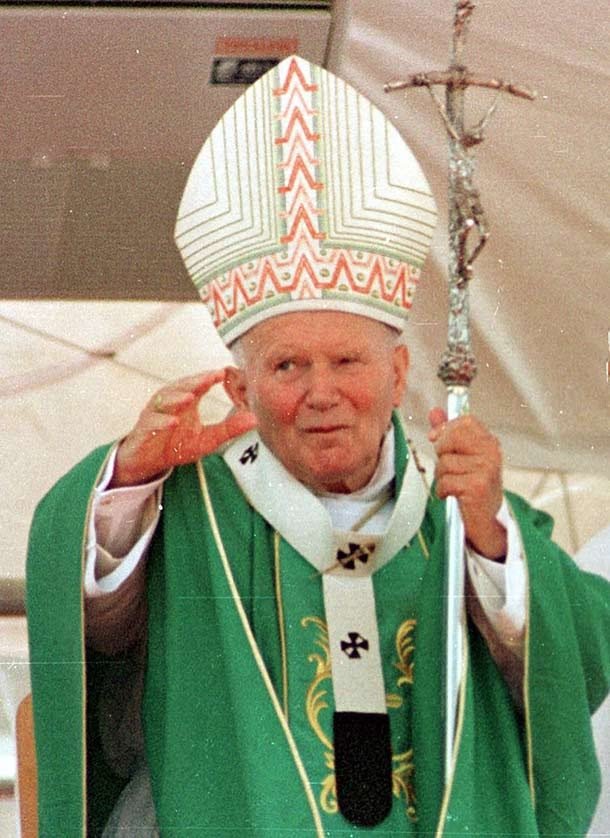
John Paul II was acclaimed as one of the most influential leaders of the 20th century. He is credited with helping to end Communist rule in his native Poland and eventually all of Europe.
Dorothy Day
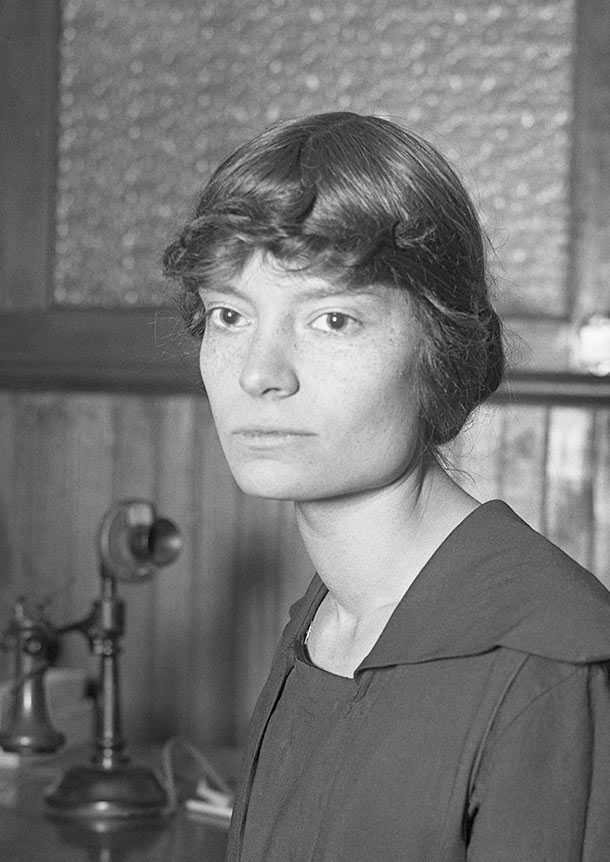
One of the most significant personalities during the Great Depression, Dorothy Day organized the Catholic Worker Movement, a pacifist movement during the Second World War. Her mission was to help families rebuild their lives and promote peace by means of communal living and distributed wealth. Her movements eventually spread to both Canada and Europe and are still active today.
Ken Saro-Wiwa
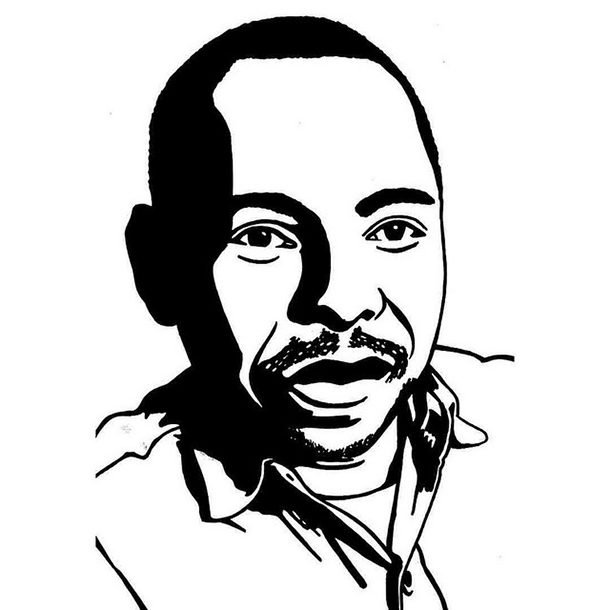
Known as the Gandhi of Nigeria, Ken Saro-Wiwa was part of the Ogoni people, a minority in Nigeria, and he had always been honest about his grudges towards the government of his own country. Due to the displacement of his people and the exploiting of their resources for the gain of the Nigerian government, he formed an organization to protect the rights of the minority and led non-violent demonstrations on behalf of the persecuted.
Fazle Hasan Abed
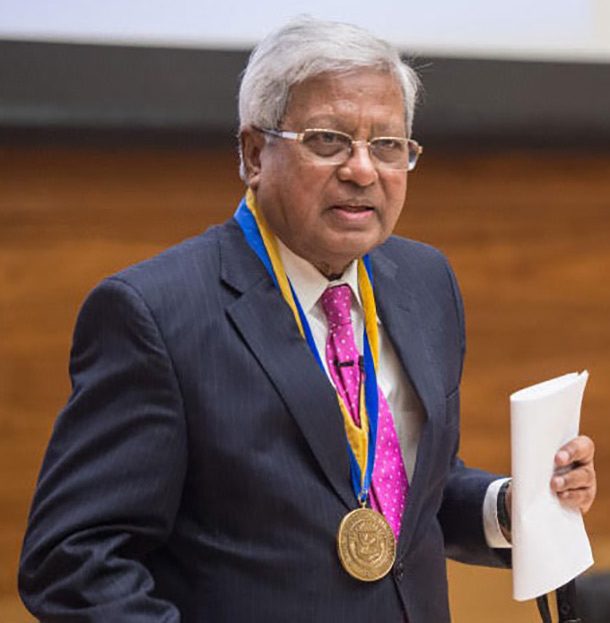
Fazle Hasan Abed played a critical role in the rebuilding of Bangladesh after the Indo-Pakistani Wars of Separation. After the war, Bangladesh became an autonomous country but was left severely devastated. To help his nation recover, he created and led BRAC (Bangladesh Rural Advancement Committee), a development organization that aimed to rebuild infrastructure in Bangladesh and help the people of his nation to re-establish their ravaged homes. This organization eventually became one of the largest development organizations in the world with eight countries under its fold, helping more than a hundred million impoverished people worldwide.
Corazon Aquino
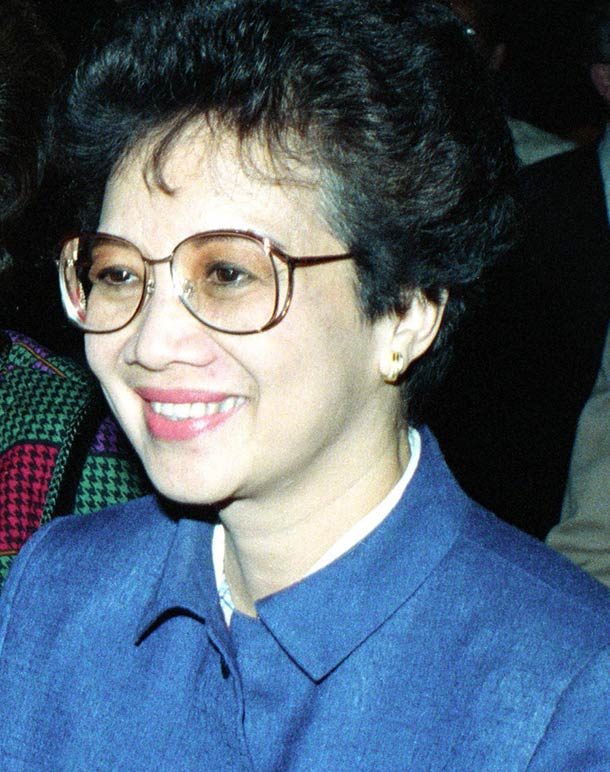
Known as the first female president in Asia, Corazon Aquino established a good number of democratic and humanitarian reform programs in the Philippines following the ousting of the former president Ferdinand Marcos. The start of her reign marked the end of the dictatorial rule in the Philippines. She instituted a new constitution that emphasized the democracy of the Filipino people. She is considered today as one of the most influential women in the history of the world.
Irena Sendler
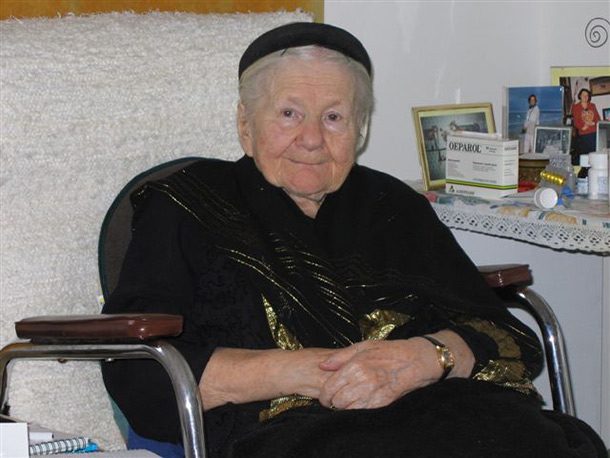
A Polish Roman Catholic nurse/social worker who served in the Polish Underground during World War II, she smuggled some 2,500 Jewish children out of the Warsaw Ghetto and provided them with false identity documents, saving them from the Holocaust.
Mahatma Gandhi
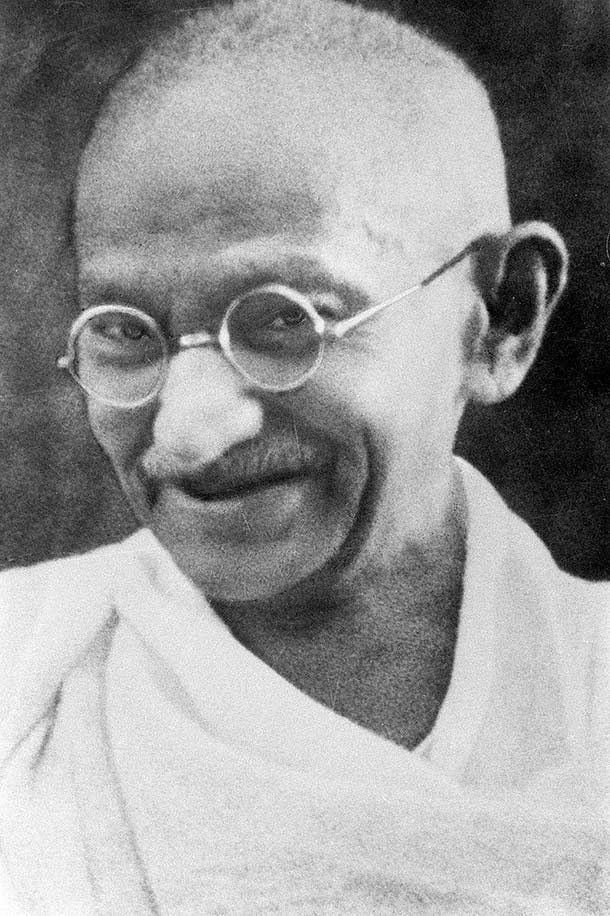
Although most people know Gandhi, and he would probably be the first person to pop into their head when thinking of peace prizes, he never actually won the Nobel. His influence, however, has been undeniable.
Dr. Feng Shan Ho
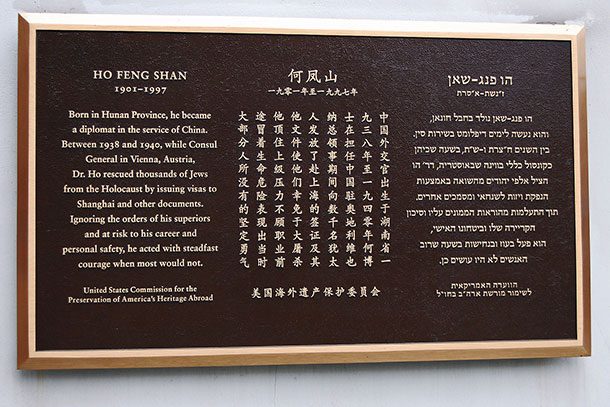
A former consul-general of the Chinese Embassy in Vienna, Dr. Feng Shan Ho is often dubbed as “China’s Schindler.” During the 1940’s, the Chinese Ambassador to Berlin ordered Feng Shan Ho not to issue visas to prevent Jews immigration. Shan Ho, however, refused to follow the order. Instead, he issued around 2,000 visas in a span of six months and saved thousands of Jews.
Stephen Biko
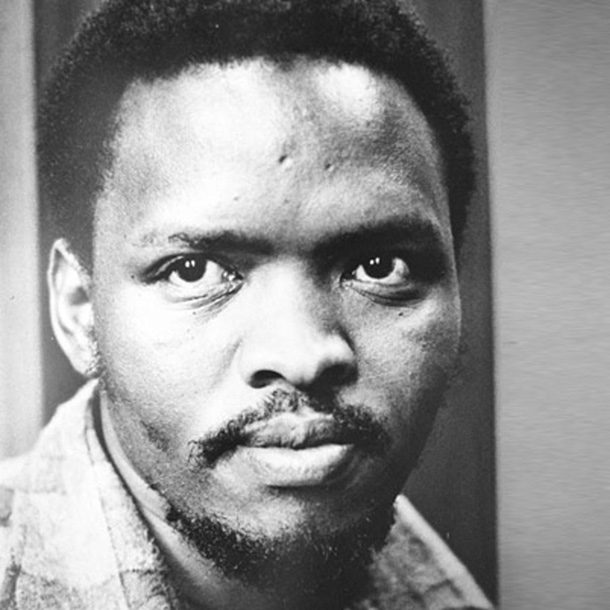
Following the imprisonment of Nelson Mandela in 1964, Stephen Biko took the reins and became the head of the South African Anti-apartheid movement. He was the one who founded the Black Consciousness Movement and promoted “the brotherhood of man.” Along with his active involvement in the promotion of unity among all nations, he preached non-violence among his subordinates. He dedicated his life to leading peaceful protests until the Apartheid police sought to kill him.
Abdul Sattar Edhi
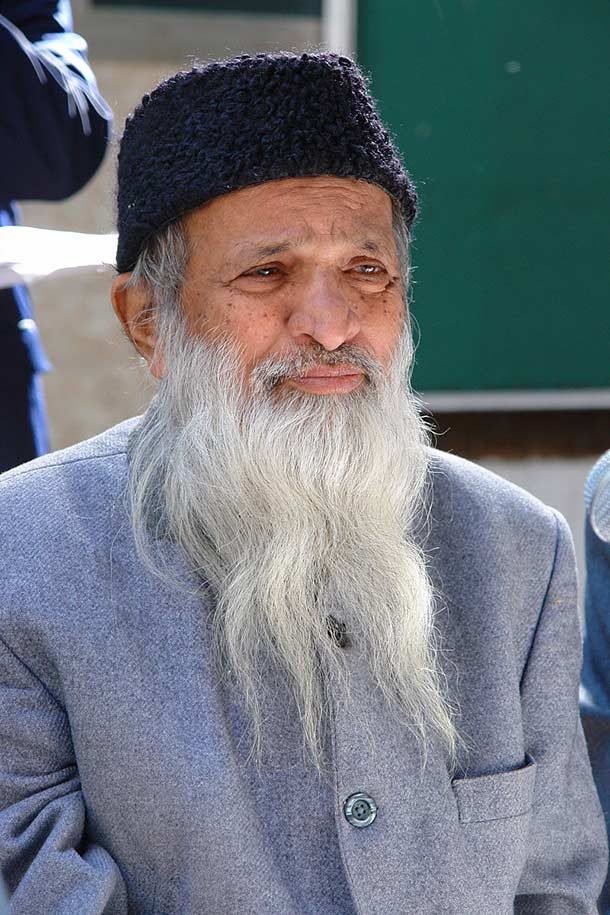
Pakistani Abdul Sattar Edhi is the founder of the Edhi Foundation, an organization in charge of running the world’s largest ambulance service. They also operate free nursing homes, orphanages, clinics, women’s shelters, and rehab centers for drug addicts and the mentally ill. In November 2011, Pakistani Prime Minister Yousaf Raza Gillani recommended him for a Nobel Peace prize.
Oskar Schindler
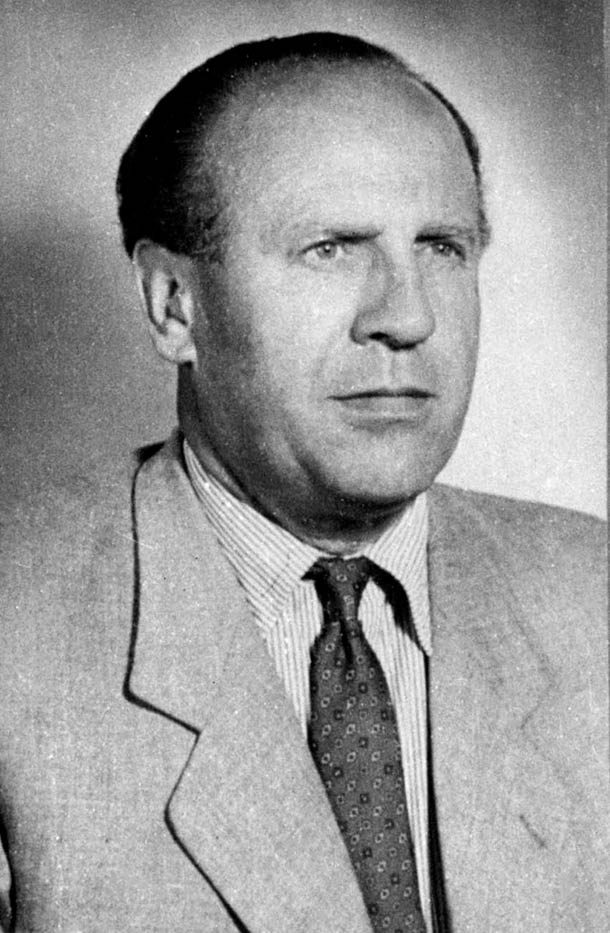
Probably the most well known member of the Avenue of the Righteous, Oskar Schindler saved around 1,200 Jews from the hands of the Nazis by providing jobs for them in his own weapons factories during the Second World War. Though he knew that his life was in jeopardy, he never stopped employing the Jews and even paid millions to the Nazi Party just to compel them to leave the Jews to him.
Jose Figueres Ferrer
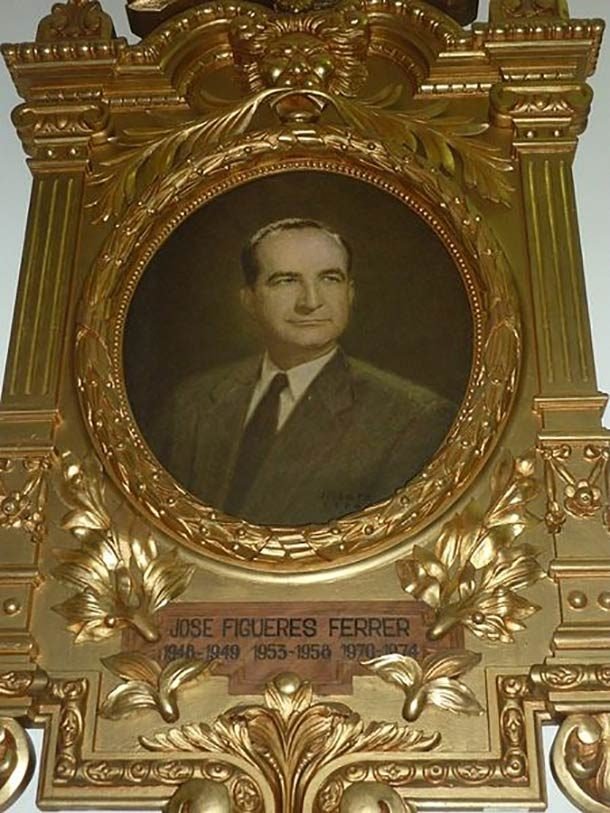
As the man who served as president of Costa Rica for three terms, Jose Figueres granted both men and women equal rights to vote. According to him, although men were generally stronger than women, the mental faculties of both genders had no difference. He pushed for the abolition of the army of Costa Rica, as he believed that the police force was more than enough to enforce the domestic laws of the land. He gave citizenship to black immigrants and instituted civil service bureaucracy in his country.
Cesar Chavez
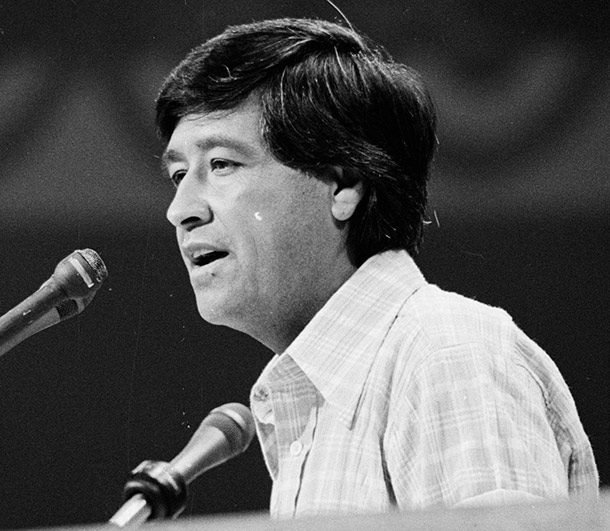
Dubbed as “The Martin Luther King of Mexico,” Cesar Chavez was the co-founder of the National Farm Workers Association in California, which is now called the United Farm Workers. He formed the association to help improve the working conditions for the common Latino labourers in his country.
Pope Pius XI
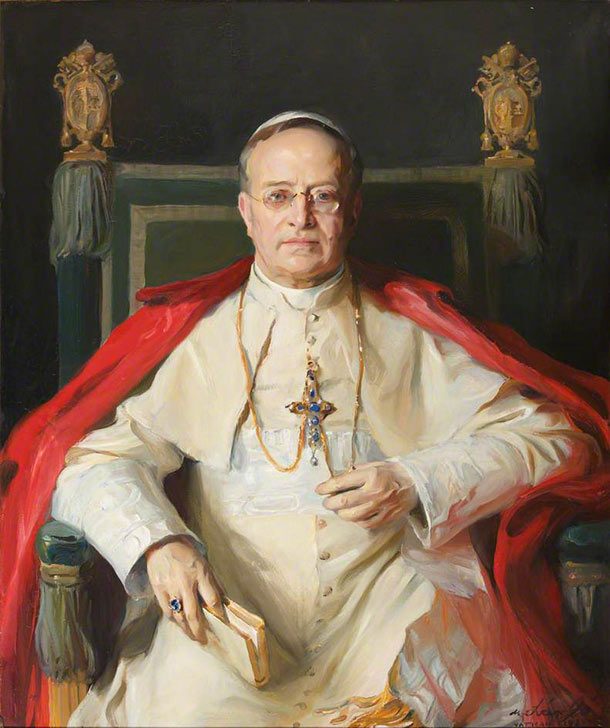
Prior to the Second World War, Pope Pius XI delivered a speech in front of the 250,000 pilgrims in Lourdes, France, stating that the Nazis were nothing but “miserable plagiarists who dress up old errors with new tinsel.” Before the start of the war, he played a large role in defending the Jews and Christians being persecuted under Nazi and Soviet regimes.
Jacques Delors
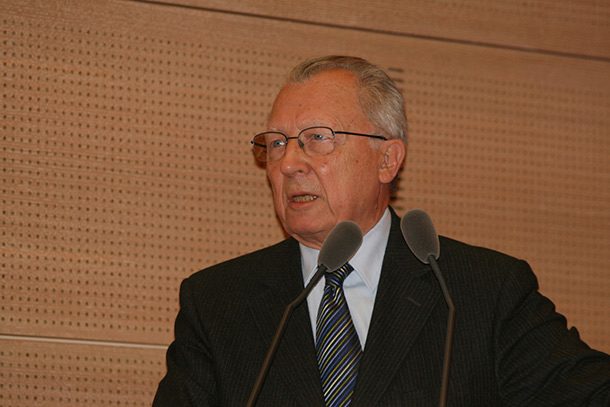
A French economist and politician, Jacques Delors was the eighth president of the European Commission and was the first man to have served the commission for three consecutive terms. As the minister of the Economics and Finance under President Francois Mitterrand, he actively promoted both the acceptance of the market economy and alignment with social democracy in Europe.
Bill and Melinda Gates
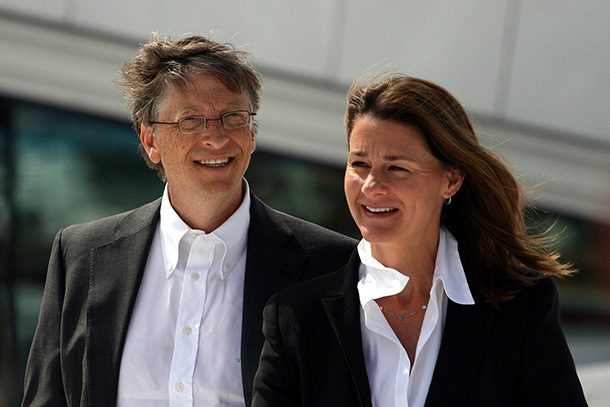 https://www.gatesfoundation.org/
https://www.gatesfoundation.org/ Through the Bill and Melinda Gates Foundation, the Gates are the top philanthropists in the United States, donating over $30 billion to combat extreme poverty and disease. They’ve helped improve the lives of millions through their research and funding. Awarded with the Presidential Medal of Freedom by Barack Obama in 2016, it seems high time they also were awarded with the Nobel Peace Prize.
Thich Nhat Hanh
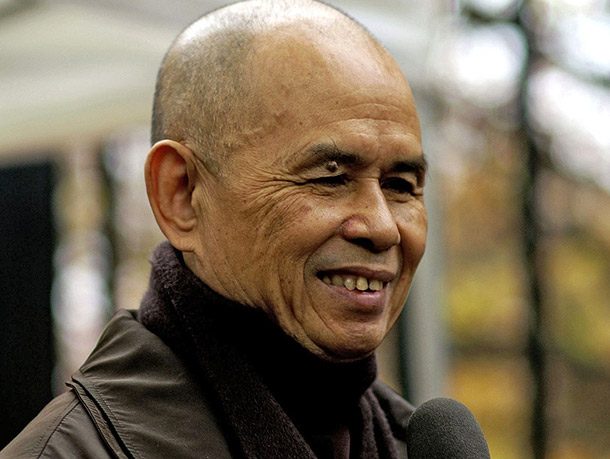
A Vietnamese Zen Buddhist monk, Thich Nhat Hanh was a peace activist who dedicated his life to participating in the peace movement and upholding non-violent solutions to the conflicts going on in his country. He spent most of his life in the Plum Village Monastery in South France but traveled extensively giving talks to thousands of people.
John Lennon
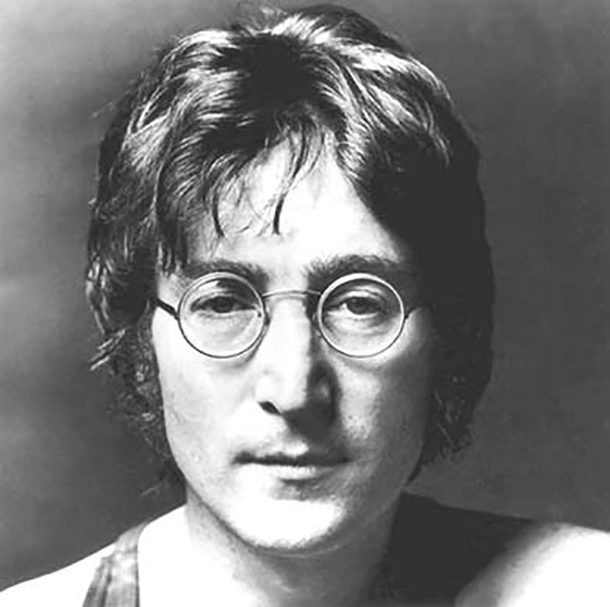
Although he has been a controversial figure, his music, his philanthropy, and his devotion to peace have left a lasting impact on the world.
Edward Snowden
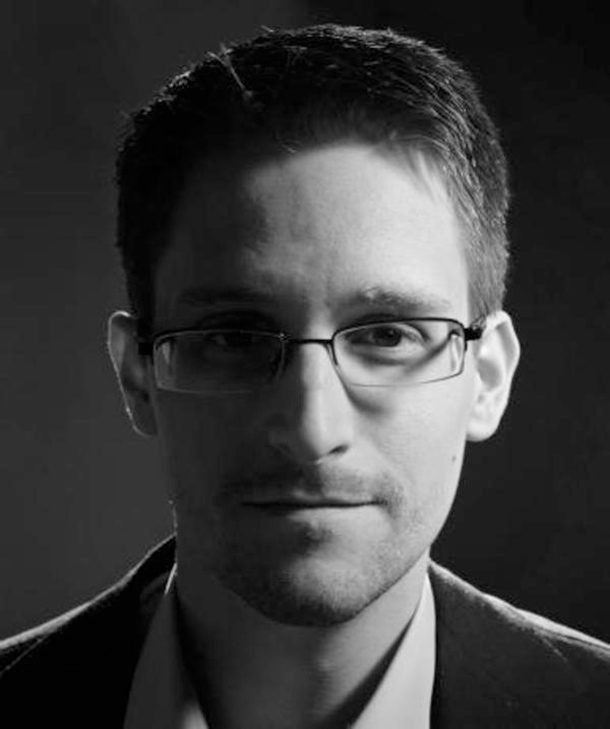 https://www.theguardian.com/world/2014/feb/01/edward-snowden-intelligence-leak-nsa-contractor-extract
https://www.theguardian.com/world/2014/feb/01/edward-snowden-intelligence-leak-nsa-contractor-extract Perhaps the most controversial person on this list, Edward Snowden was once an National Security Agency contractor who became alarmed after witnessing the use of top secret computer software to spy on American citizens. He came forward as a whistleblower, leaking the documents and information to The Guardian before going into hiding in Russia. He helped bring to light a grave and serious threat to democracy, and gave the people the choice on how they wanted to handle it.
Morgan Tsvangirai
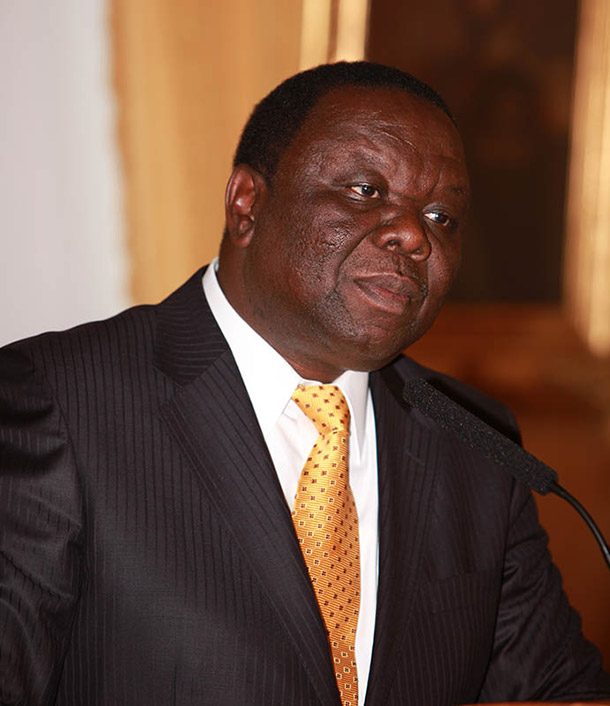
As the head of the Movement for Democratic Change, Morgan Tsvangirai was the prime minister of Zimbabwe and the first Zimbabwe national to have ever been nominated for the Nobel Peace Prize. His nomination was on account of his governance in South Africa and the freedom of his people.
Father Nguyen Van Ly
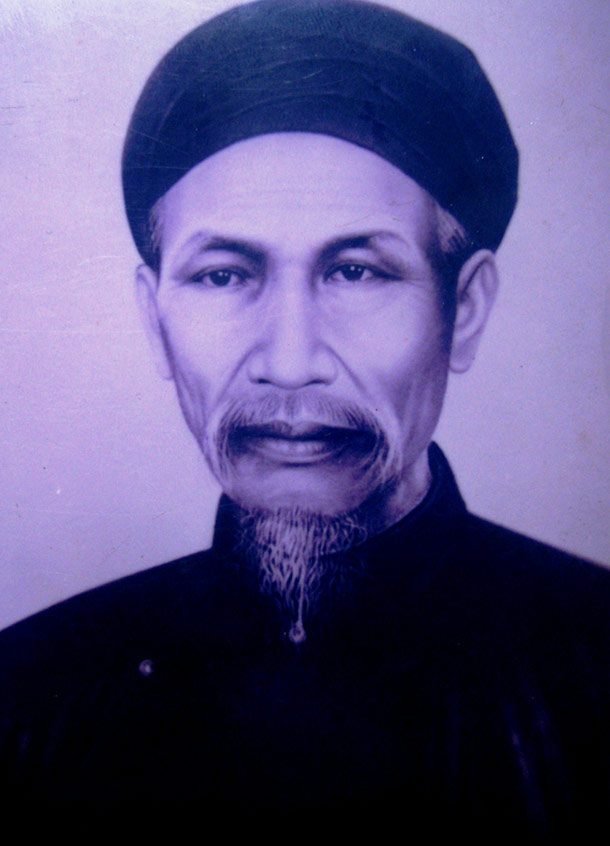
Vietnamese Father Nguyen Val Ly was a Roman Catholic priest who got involved in several pre-democracy movements in Vietnam, for which he was imprisoned for 15 years. During his imprisonment, he continued to lead several non-violent protests. In 2002, he was awarded the Homo Homini Award for Human Rights Activism in Vietnam.
Dr. Sima Samar
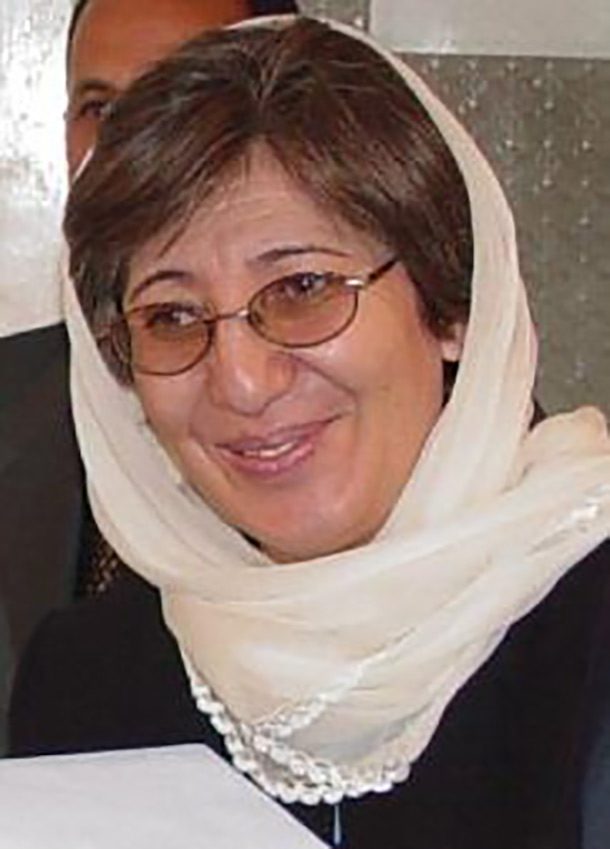
A female physician who founded the Shuhada Organization and Shuhada Clinic, Dr. Sima Samar was a human rights and democracy advocate in her native country of Afghanistan. She founded the Shuhada organization when she recognized and was disturbed by the lack of health facilities for women and children. Ever since, she has been actively opposing the extremism and injustice that is commonly accepted as the status quo.



























